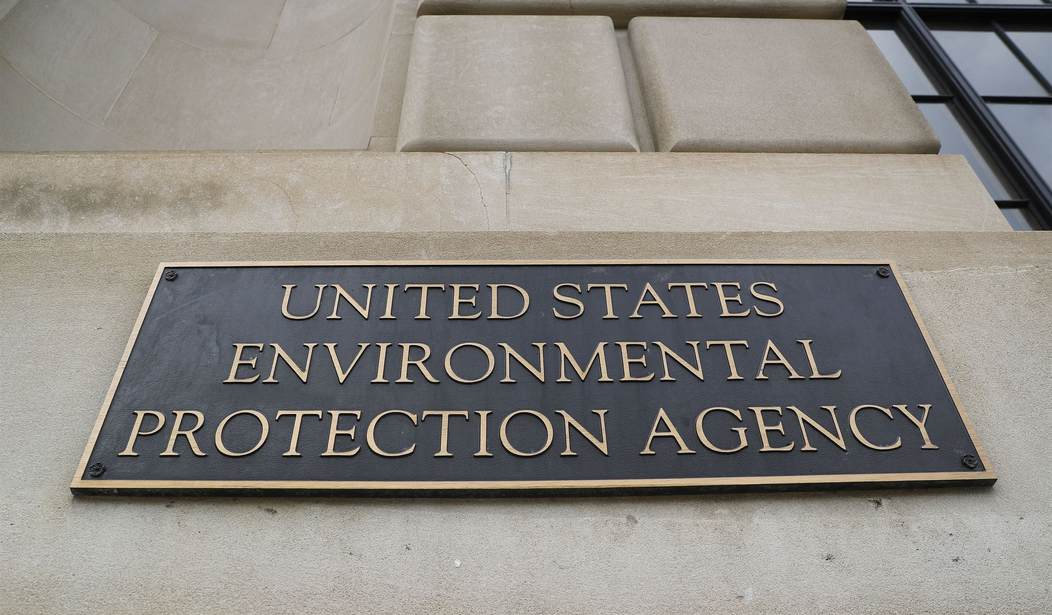Joe Biden's four years in office will be remembered for many things, but one fact will never be exceeded. Biden is the regulatory king among presidents.
During Biden's administration, 1167 final rules were published in the Federal Register, according to an analysis by the American Action Forum (AAF), costing individuals and businesses $1.8 trillion. The previous record-holder was Biden's former boss, Barack Obama, whose 1514 regulations cost us $493.6 billion.
AAF reports that the "Biden era’s regulatory cost total of $1.8 trillion is on 'a level of magnitude comparable to federal budget deficits and the gross domestic product of major countries.'”
The overall number and amount of money we'll have to pay for these new rules is only part of the story. Biden's regulatory efforts in 2024 alone will go down in history for their breathtaking expansion of federal power and reach.
Many of these rules can be overturned as long as they were finalized at least 60 legislative days before the end of the 118th Congress, thanks to the Congressional Review Act (CRA). Biden's Federal Register page count of 107,262 for 2024 pages is the highest ever recorded. There were 3,248 rules and regulations contained in those 107,262 pages; each and every single one carries with it the full force of law.
Clyde Wane Crews of the Competitive Enterprise Institute is urging Trump's Department of Government Efficiency (DOGE) also to concentrate on what goes on beyond the formal rules m ade by government agencies.
Trump and his Department of Government Efficiency (DOGE) must also focus on the "regulatory dark matter" that extends beyond formal rules. This includes guidance documents and policy statements, often used by Biden to shape policy without the force of law. While these materials are supposed to be non-binding, agencies increasingly rely on them, despite their being issued in myriad formats difficult for affected parties to track.
Trump is making a good start to attack Biden's regulatory legacy. He signed an executive order (EO) on Inauguration Day that ordered agencies to identify regulations that "impose an undue burden" on "consumer choice of vehicles." This EO was aimed at the EV mandate Biden tried to impose, but it also made it clear that the Environmental Protection Agency's (EPA) hugely expensive ($850 billion) tailpipe emission standard was at the top of the target list for regulations to be repealed.
Taken together, the EPA's regulatory attack will cost taxpayers $1.3 trillion. The EPA has finalized five of the top ten costliest regulations in the last four years.
But the Biden administration didn't stop when the new year hit. In the first three weeks of 2025, Crews notes in a blog post for CEI, the outgoing administration issued 243 new rules across 7,641 pages of the Federal Register. That includes 15 final rules and 23 proposed rules that weren't published until Tuesday, January 21—the day after Trump was sworn into office—because they'd been wrapped up over the previous weekend.
It's going to take more than Donald Trump, more than DOGE's good intentions, and more than a miracle to get this behemoth of a government under some kind of control. Practically speaking, the United States government is on a glide path to destruction. It is "controlled" only in the grossest sense, sort of like a piano tuner wearing boxing gloves.
Cabinet secretaries are not really "in charge" of their departments. That job falls to career bureaucrats who have nothing but contempt for the outsiders who invade their little fiefdoms. They make sure that any directives they disagree with on political or policy grounds are carried out at a snail's pace or not at all.
Civil service protections are supposed to make sure that politics doesn't play a role in hiring or firing a government manager. But what rules are in place to make sure a government manager won't slow-walk or ignore an order from above because they disagree with the policy, based on ideology or politics?
We're supposed to trust the "professionalism" of these bureaucrats not to play partisan politics in carrying out their duties. Sorry if that argument doesn't move me.
Perhaps putting the fear of God into a few of these partisan bureaucrats will at least force them to think twice before trying to sabotage policies they disagree with.










